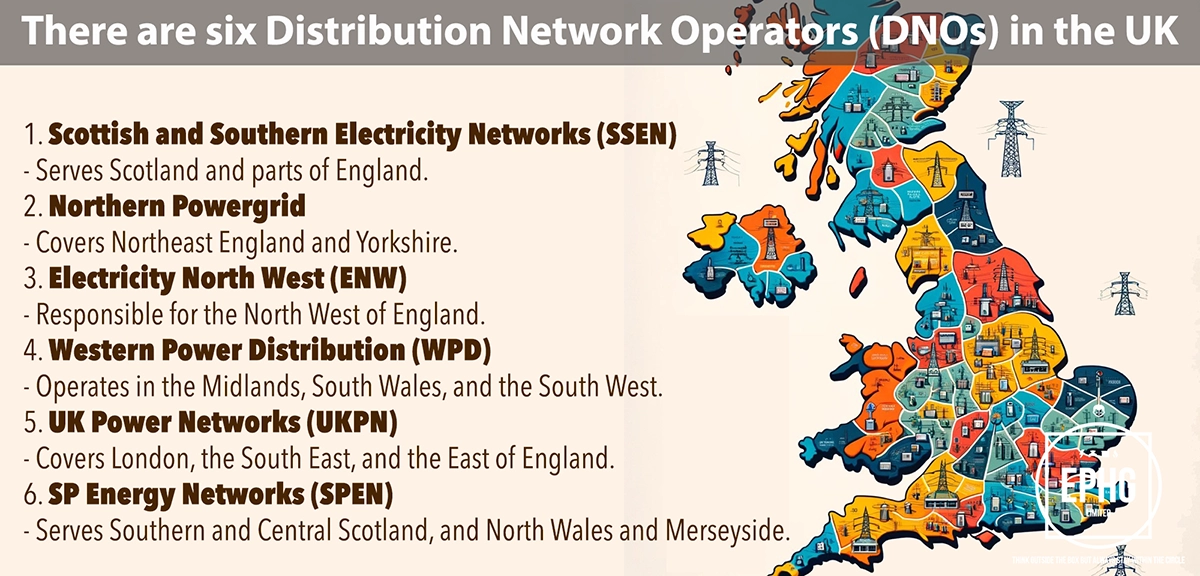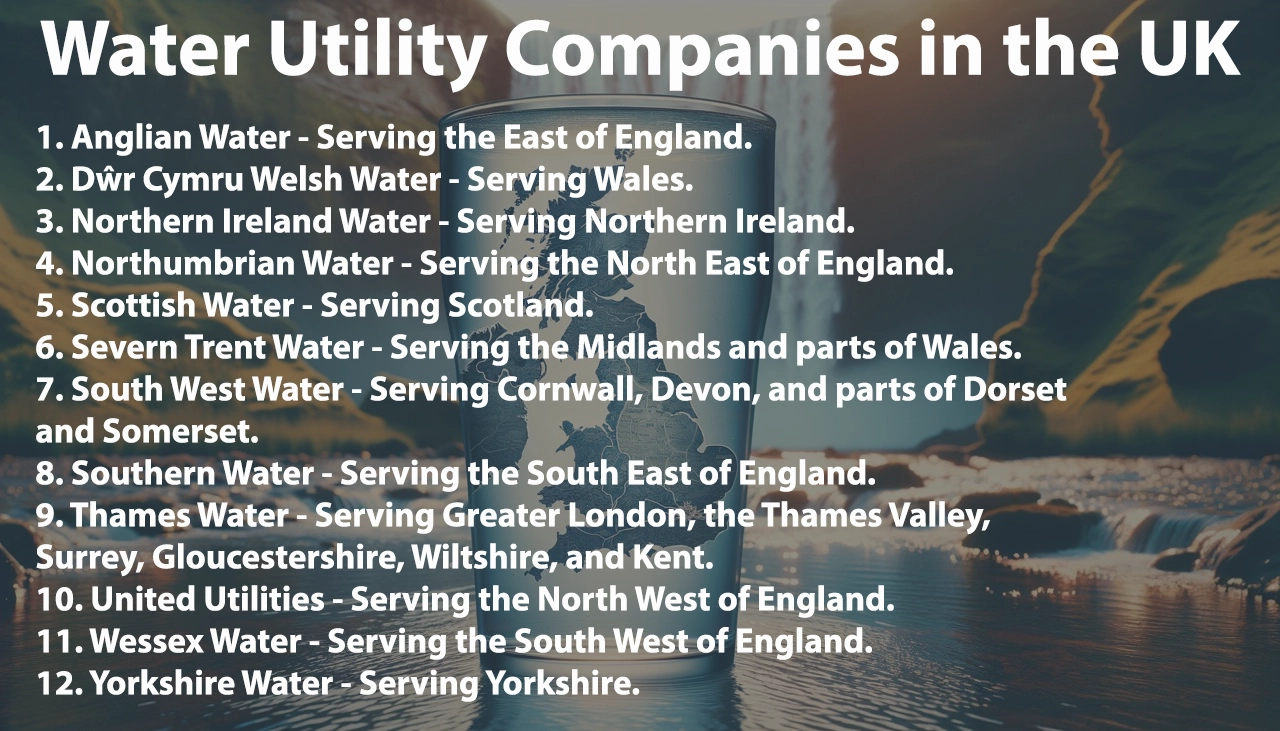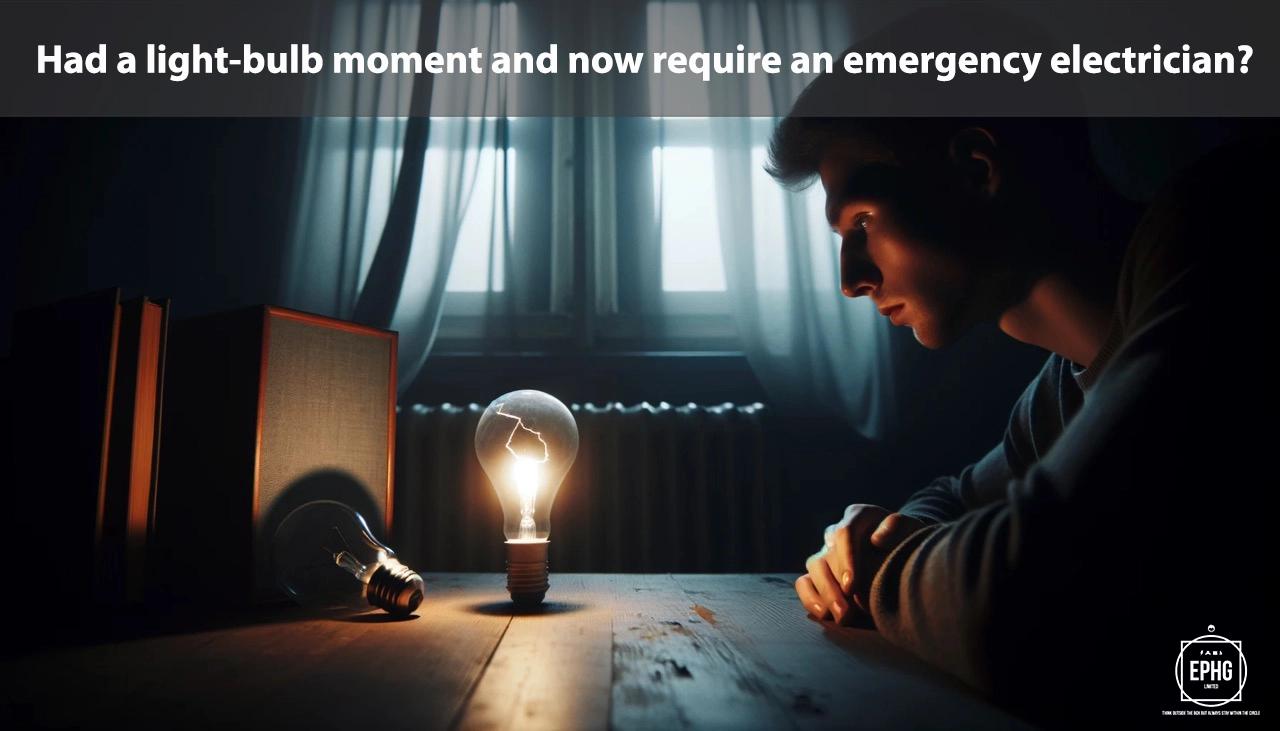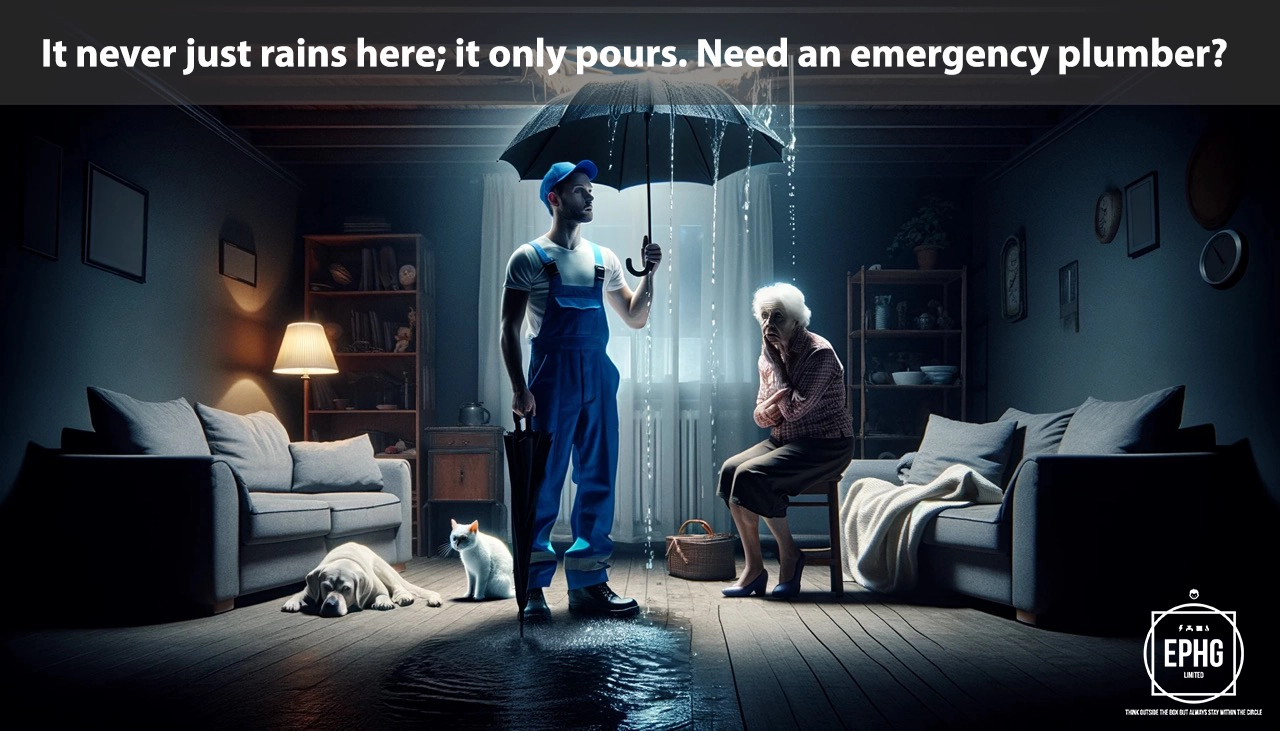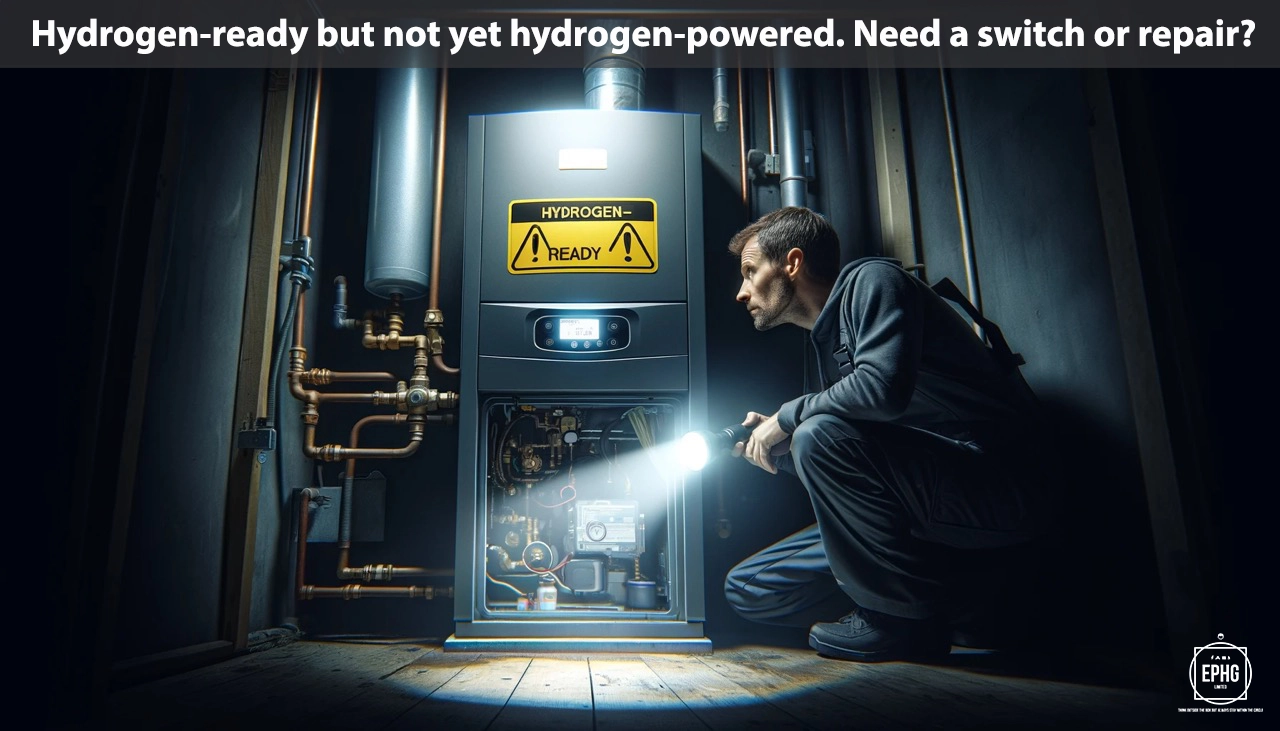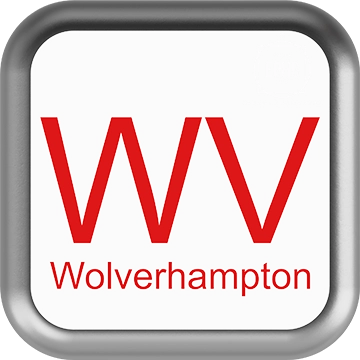
WV Postcodes for Utilities & Services in Wolverhampton and Surrounding Areas
Introduction: The WV postcode area, covering Wolverhampton and its neighboring regions, provides a unique insight into the utilities and services framework of this diverse area. Here, we delve into various aspects concerning water, electricity, and other essential services crucial for the daily lives of its residents.
Water in Wolverhampton
What are the primary water sources for Wolverhampton, and how is water scarcity addressed?
In Wolverhampton, the primary water supply comes from the River Severn, supplemented by reservoirs and groundwater sources. Despite the generally reliable supply, the area faces challenges from time to time due to environmental changes and urban demand. Local water providers and authorities implement robust water management strategies and encourage efficient use among residents to combat potential shortages. They also invest in infrastructure to ensure sustainability and resilience in water supply.
How does the water quality and hardness affect Wolverhampton residents?
The water in Wolverhampton is typically hard, containing high levels of calcium and magnesium due to the geological makeup of the region. While hard water is not harmful to health and can contribute to daily mineral intake, it can lead to scaling in household appliances. Residents are advised on measures to mitigate hard water effects, and the water is regularly treated to meet safety standards, ensuring it is safe for all domestic uses.
Electricity in Wolverhampton
What are the main sources of electricity in Wolverhampton, and what is the future of energy there?
Wolverhampton's electricity is sourced through the national grid, with an increasing shift towards renewable energy sources like wind, solar, and biomass. This transition aligns with the broader goal of reducing carbon emissions and fostering sustainable energy practices. The future of energy in Wolverhampton is geared towards more green initiatives, with investments in renewable energy projects and infrastructure to ensure a reliable, sustainable, and cleaner energy supply.
Wastewater Management in Wolverhampton
Efficient wastewater management is essential in Wolverhampton to maintain public health and protect the environment. The region's wastewater is processed at modern treatment facilities, where it is treated to remove pollutants before being released back into local rivers, primarily the River Severn and its tributaries. Ongoing investments and upgrades in wastewater infrastructure aim to enhance treatment processes and capacity, aligning with Wolverhampton’s commitment to environmental sustainability and public health standards.
Regions and Services:
The WV postcode area, spanning Wolverhampton and its surrounding locales, presents a mix of urban dynamism and scenic countryside. Notable regions within this area include:
- Wolverhampton City: A hub of utility advancements, Wolverhampton boasts state-of-the-art electrical and gas infrastructures to support its dense urban population and thriving business sector.
- Dudley, Bilston, and Wednesfield: These towns blend heritage with modern living, offering comprehensive services that cater to their unique cultural and economic landscapes.
- Willenhall, Codsall, and Wombourne: Villages and smaller communities experiencing a surge in renewable energy initiatives, enriching their traditional utility setups and contributing to the region's sustainability efforts.

Regions within the WV Postcode
Wolverhampton City and Surrounding Areas
- WV1: Wolverhampton City Centre
- WV2: All Saints, Blakenhall, Parkfields
- WV3: Finchfield, Compton, Castlecroft
- WV4: Penn, Warstones, Merry Hill, Goldthorn Park
- WV5: Wombourne, Wall Heath
- WV6: Whitmore Reans, Perton, Pattingham
- WV7: Albrighton
- WV8: Codsall, Bilbrook, Pendeford
- WV9: Pendeford, Coven
- WV10: Wolverhampton, Fordhouses, Bushbury
- WV11: Wednesfield
- WV12: Willenhall, Short Heath
- WV13: Willenhall
- WV14: Bilston, Bradley, Coseley
- WV15: Bridgnorth, Upper and Lower Quatford
- WV16: Bridgnorth, Highley, Claverley
